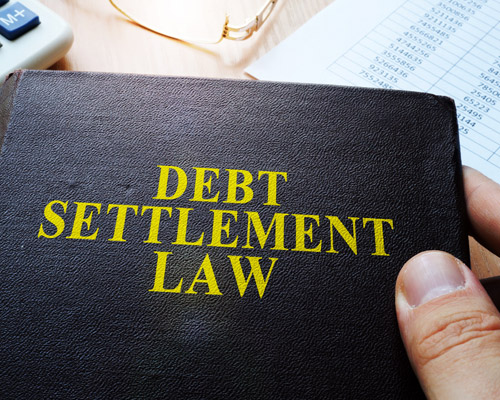By Anica Cunanan, Solicitor at Matthews Folbigg in the Insolvency, Restructuring and Debt Recovery Group
With the current economic crisis and the increase in the cost of living, debt collection is also on the rise. We have found that creditors are pursuing debt collection, no matter the quantum of that debt. Creditors are becoming less patient and less lenient with informal debt collection and want to see more formal, efficient and effective debt collection methods, sooner.
Debt collection by commencing proceedings tends to be the last resort in the debt collection process. However, in current times plenty of creditors have decided to skip the first few steps, and jump straight to formal debt collection. There are numerous creditors who are simply taking a much “harder” approach with debt collection and commencing proceedings from the “get go.” This can be an efficient and effective approach to debt collection, but it would be sensible not to apply a “one size fits all” approach to debt collection. Many of a creditor’s debt collection decisions should be made on a case-by-case basis, taking into account the debt collection sum, debt collection fees already incurred, and any known factors regarding the debt or the debtor which will make a particular debt collection method most effective. [...]










